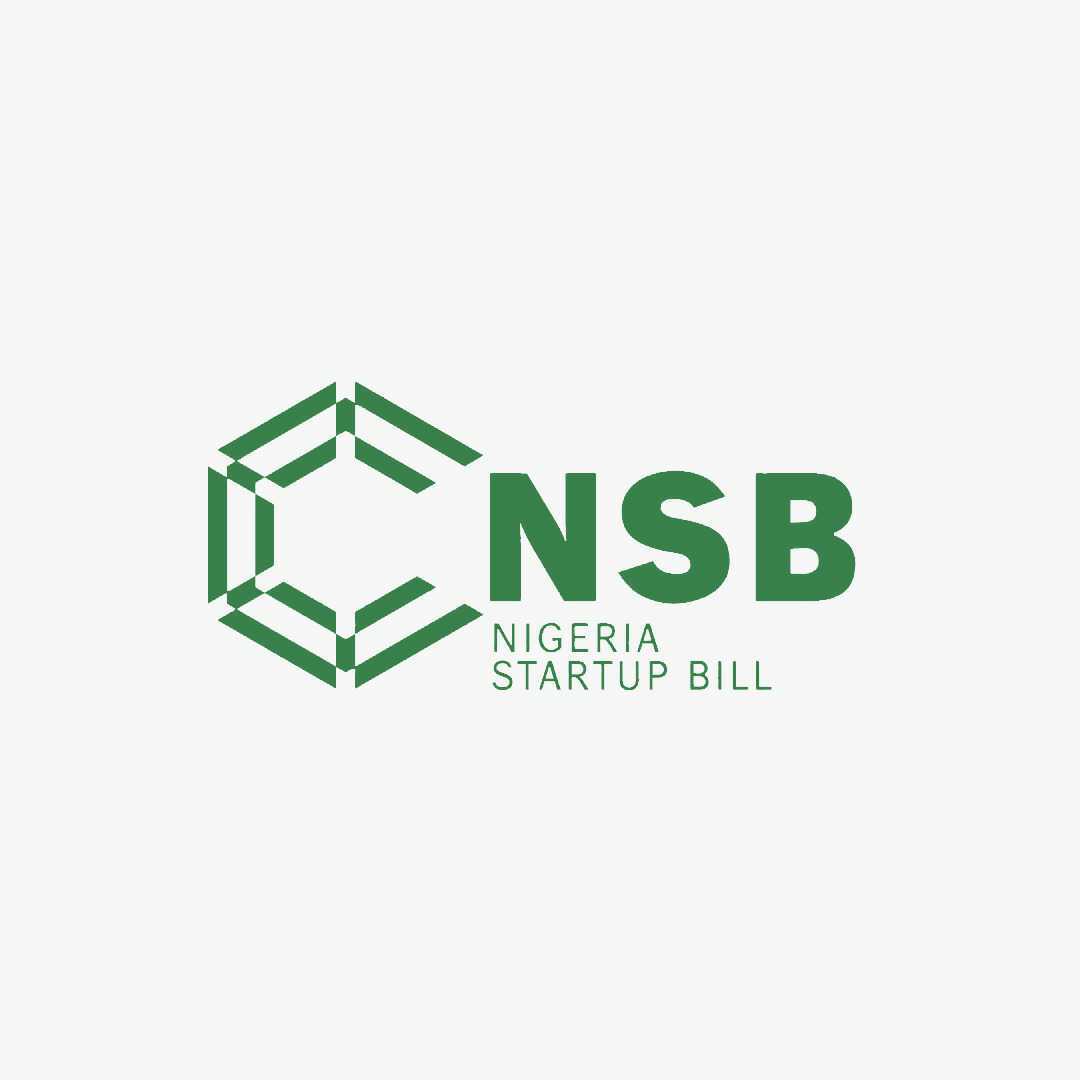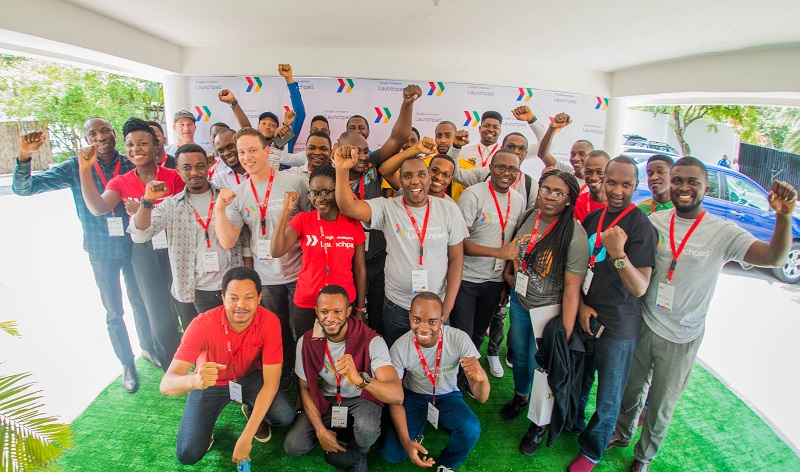Nigeria’s startup scene has been rocked by a few disruptive regulatory announcements in recent years. The chief executive of leading crypto company Patricia, Fejiro Agbodje, told TechCabal that his company was on its way to unicorn status by the end of 2021, but its geometric growth was cut short by CBN’s crypto trading restriction announcement in February. Employees from a few wealth management apps also shared with us that the SEC new rule for online investment and trading triggered widespread investor paranoia followed by fund withdrawals. These companies had to slowly win back the trust of their users across months.
In view of these disruptive regulatory announcements, six months ago, the Nigeria Startup Bill – a coalition of efforts to bring stability and certainty to the regulatory environment – was announced. The initiative is led by the Nigerian presidency, in collaboration with 30 tech leaders including Ventures Platform founder Kola Aina and Future Africa founder Iyin Aboyeji, NITDA officials and the Minister of Digital Economy Isa Pantami.
One of the objectives of the Nigeria Startup Bill is to bridge the engagement gap between startups and regulators. This is being done through a proposed council, made up of members from both parties, which meets regularly to harmonise on regulation. The bill stipulates the quality of persons on the council, number of council members, quarterly meetings, among others.
While the narrative around regulation has been that of a lack of communication or consideration from the supposed hammer wielders, the Senior Special Assistant to the Nigerian President (Digital Transformation), Osaretin Guobadia, argues otherwise. He believes that players have historically striven to engage and win over other stakeholders within Nigeria’s tech ecosystem (investors, media, users, infrastructure providers, etc.) without as much consideration or drive for regulators. “A true ecosystem is made of practitioners and regulators, but many of our guys building apps don’t have that interpersonal relationship with regulators nor do they know how to engage them. This bill will help bring that balance,” he explained.
If achieved, this will ensure the involvement of entrepreneurs in the policy drafting process and bring an end to sudden shocking announcements. It will also go a long way in putting startups and investors at ease when conducting business in the country.
Another challenge the NSB looks to tackle is that there are so many agencies and government bodies working on various legislations, and there’s not a single bill that harmonises them. The NSB aims to achieve this and will ensure that all government agencies and parastatals are aligned on the vision for the Nigerian tech startup ecosystem.
In spite of the prospects of this bill, there’s pessimism about the reliability or enforcement of NSB given the not-so-distant history of unfruitful startup-government engagements. According to Osaretin Guobadia, the outcome will be different this time around. This is the first attempt with widespread participation and full collaboration with all stakeholders involved. In August, a ministry, department and agency (MDA) consultation between the startup community and the federal government discussed the content of the bill. Nigeria’s President Muhammadu Buhari was represented at the meeting by his Chief of Staff, Ibrahim Gambari. Gambari expressed the support of the government by saying that “The Executive will do everything within its power to galvanise actions from other arms of government” towards the singular objective of bringing the bill to fruition.
Efforts put in place
To ensure that the bill is a success, 300 volunteers handling legal, communication and engagement are also driving the momentum of the bill. Firms such as Longe Practice and Aelex consult worked on drafting the bill to ensure key and clear words, descriptions and terms are used. A team of media professionals and communication experts band together to get word out about the bill to the business community and stakeholders via all forms of media. Townhall meetings are also being held in different geo-political zones across the country to create enlightenment about the importance of the bill and get feedback from entrepreneurs to be inputted in the bill.
There are three major challenges that the Bill is looking to tackle: lack of an enabling environment, unclear regulatory framework, and inadequate local content support. The bill proposes measures to ensure that these issues are addressed. For example, there will be protection and incentives, like tax breaks and access to an exclusive list of public and private-led funding opportunities, for local entrepreneurs. There will also be incentives to attract local and foreign investors to the Nigerian startup community.
The plan is to submit the bill to the President in October 2021, after which, the bill will be presented to the National Assembly. Hopefully, the bill will be passed into law by December.





















